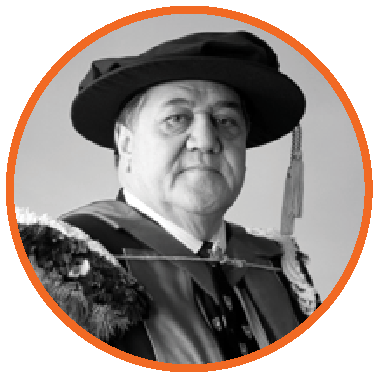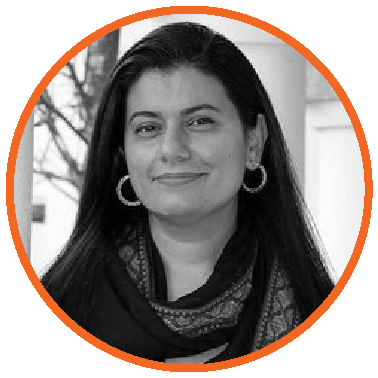FACULTY COLLABORATORS
CARE proudly presents its Faculty Collaborators – an integral part of our dedicated team advancing culture-centred communication solutions. Our Faculty members represent a diverse and esteemed group of experts committed to employing their specialised knowledge and experience in furthering our research initiatives.

Distinguished Professor
Graham Hingangaroa Smith

Dr Sy Taffel

Dr Fatima Junaid

Dr Usman Afzali
